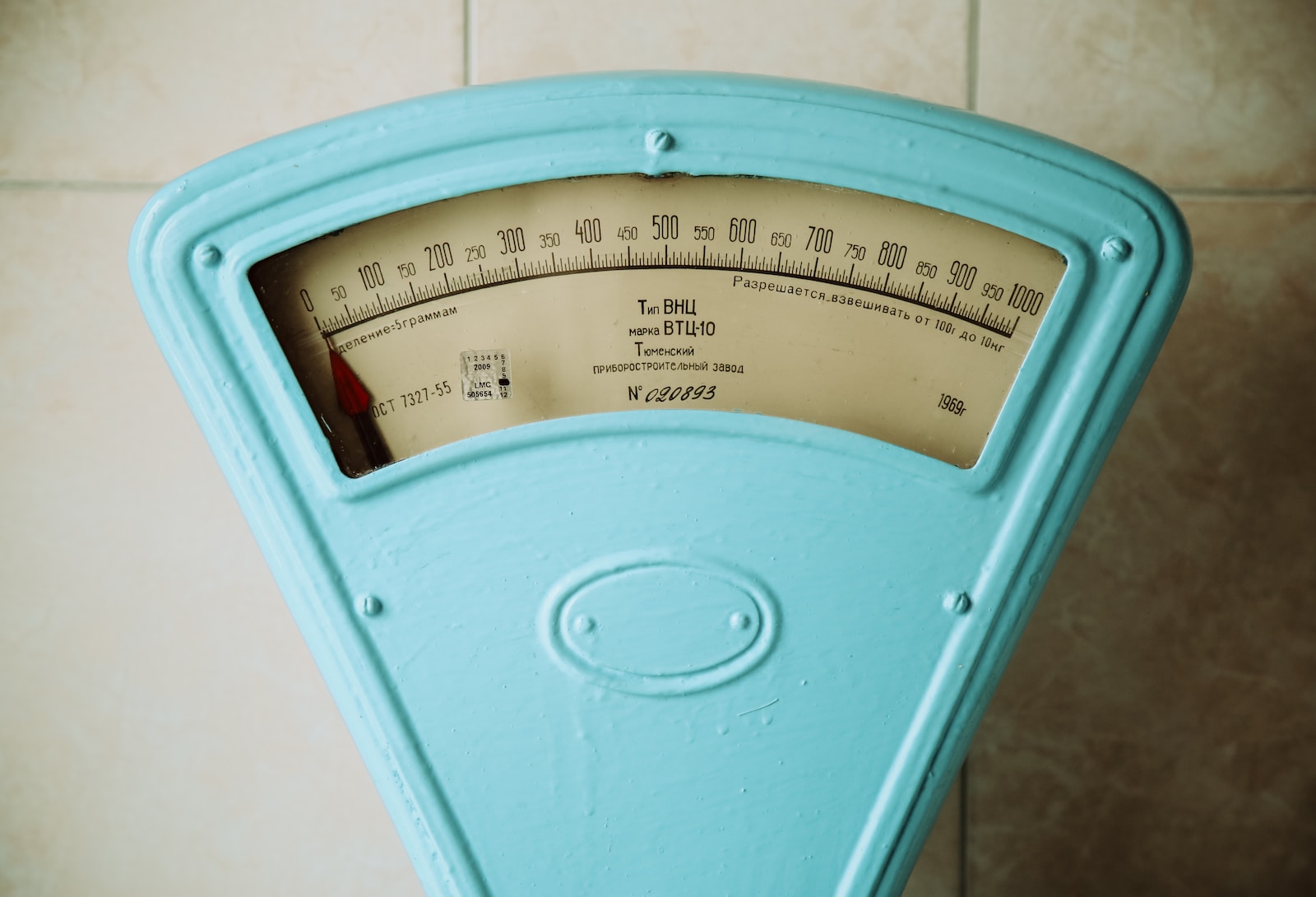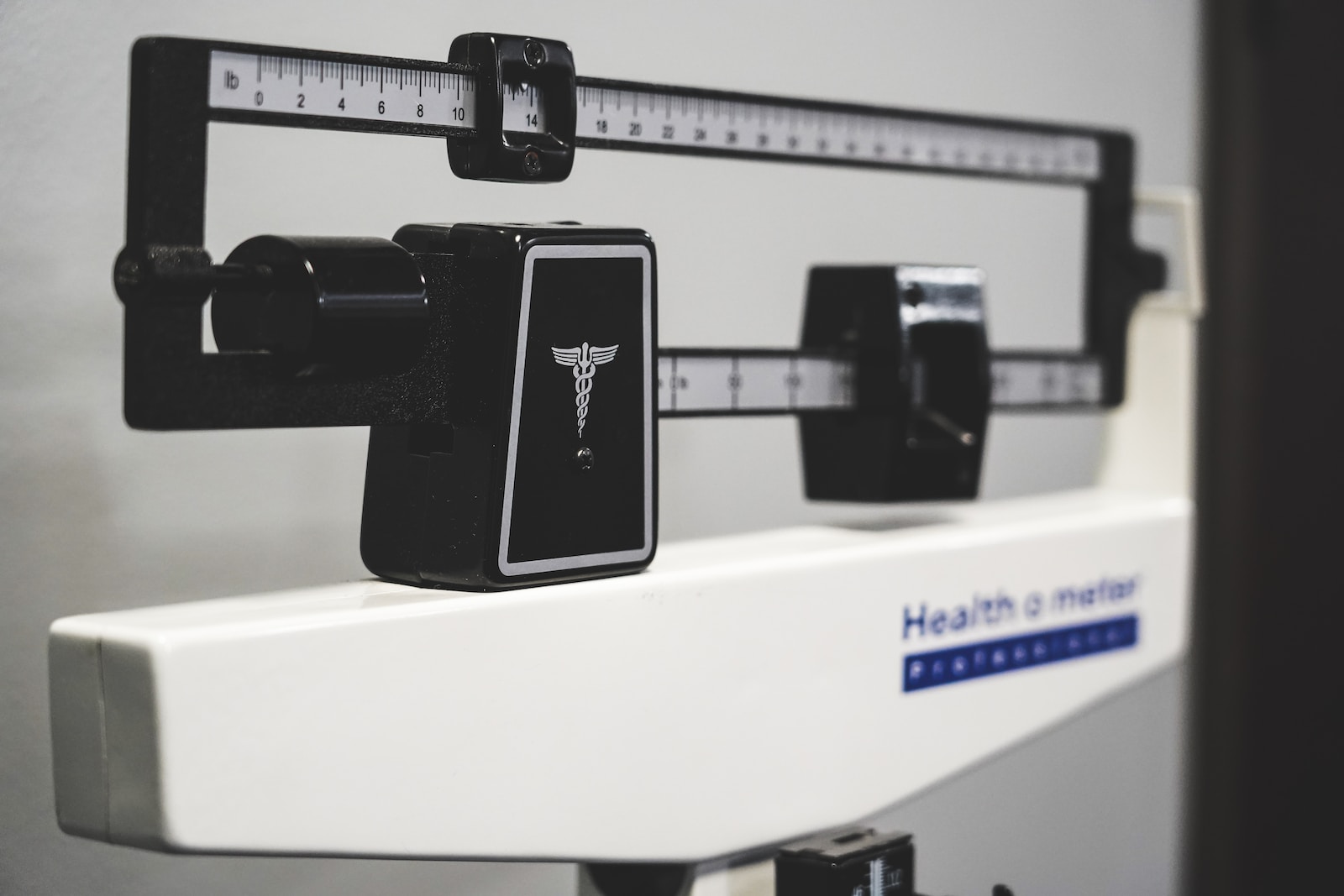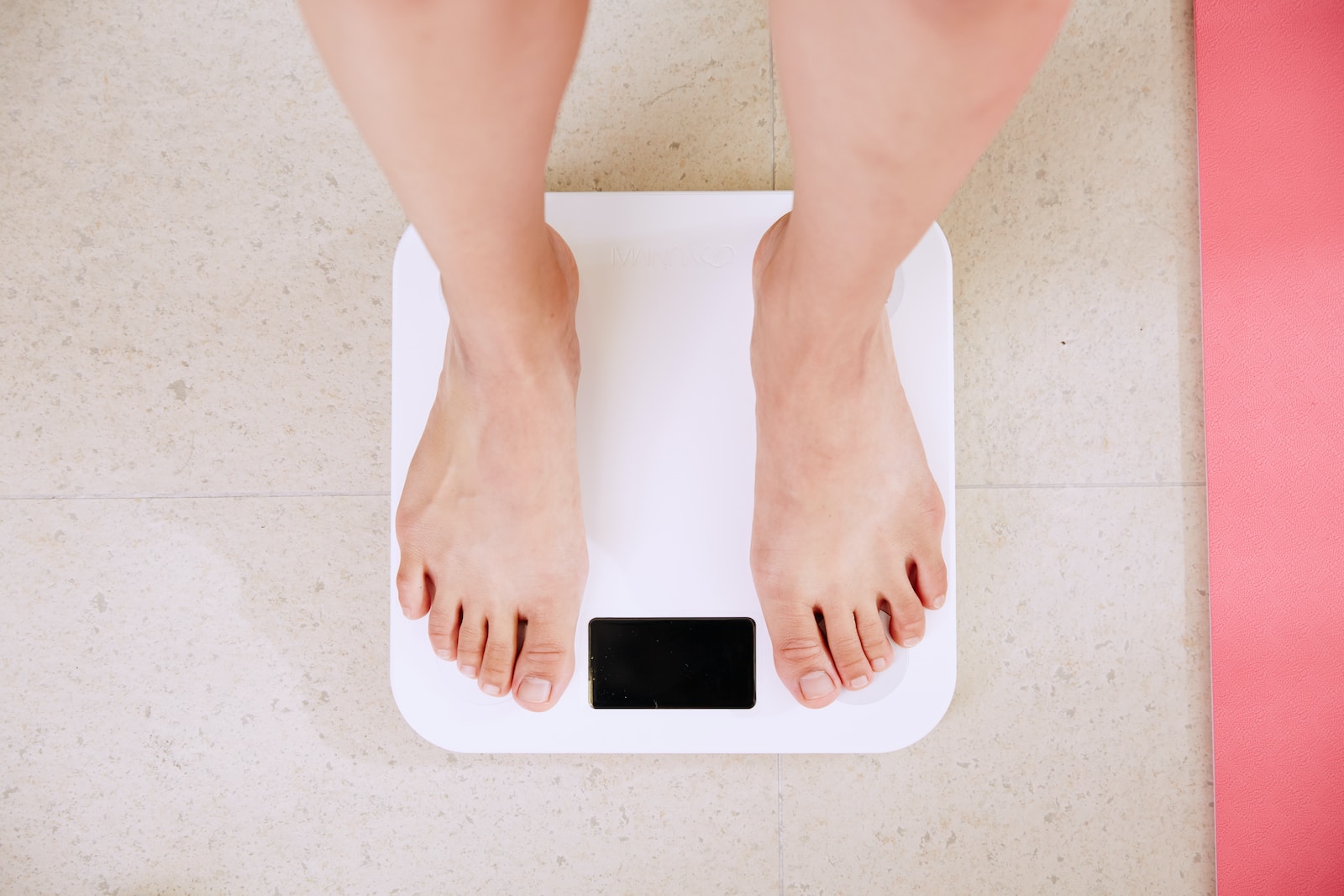In a world where appearances often take center stage, the weighing scale has become ubiquitous in many homes. Countless individuals perceive it as a measure of success, a gauge of self-worth, and a source of anxiety. But what if we told you that you can have a healthy relationship with the weighing scale that doesn’t involve constant stress or obsession over numbers? In this blog post, we’ll explore how to cultivate a healthy relationship with the weighing scale, emphasizing the importance of overall well-being and self-acceptance.
Understanding Your Weighing Scale
 Before delving into the strategies for building a healthy connection with your weighing scale, it’s essential to understand the basics.
Before delving into the strategies for building a healthy connection with your weighing scale, it’s essential to understand the basics.
Various weighing scales, including digital, analog, and smart scales, are available, each with unique features and advantages.
Let’s briefly explore these options:
Types of Weighing Scales
Digital Scales
Digital scales are the most common choice for home use.
They provide accurate readings displayed on a digital screen, making it easy to track your weight over time.
The convenience and precision of digital scales have made them a popular choice.
Analog Scales
Analog or mechanical scales use a spring mechanism to measure weight.
They are a more traditional option and don’t require batteries.
However, analog scales may need to be more precise and easier to read than digital ones.
Smart Scales
Smart scales have gained popularity recently due to their ability to sync with mobile apps and track various body metrics beyond weight, such as body fat percentage and muscle mass.
These scales provide a comprehensive view of your health but may come at a higher cost.
How Weighing Scales Work
 Understanding how weighing scales operate can help demystify the process and reduce anxiety about weight fluctuations.
Understanding how weighing scales operate can help demystify the process and reduce anxiety about weight fluctuations.
These scales utilize a load cell or strain gauge to measure the force exerted when you step on them, converting it into a digital or analog reading representing your weight.
While generally accurate, scales may vary due to surface consistency and weight distribution.
Importantly, scales measure your entire body, including bones, muscles, organs, and fluids, meaning fluctuations can stem from water retention, muscle gain, or the time of day you weigh.
Thus, obsessing over daily changes on the scale can lead to unnecessary stress.
Common Misconceptions
 Common misconceptions about how weighing scales function often fuel an unhealthy relationship with them.
Common misconceptions about how weighing scales function often fuel an unhealthy relationship with them.
Some people believe that a slight increase in weight indicates fat gain, while a decrease means loss.
However, weight changes can occur for numerous reasons unrelated to fat, making it an unreliable metric for tracking progress.
Recognizing these facts can be the first step in fostering a healthier perspective on weighing scales.
Now, let’s explore how to develop a positive and balanced relationship with this tool.
Signs of an Unhealthy Relationship with the Weighing Scale
 1. Obsessive Weighing: Do you find yourself stepping on the scale multiple times daily or feeling anxious if you skip a day?
1. Obsessive Weighing: Do you find yourself stepping on the scale multiple times daily or feeling anxious if you skip a day?
Obsessive weighing can lead to stress and unhealthy behaviors.
2. Emotional Rollercoaster: Does your mood depend on the number that appears on the scale?
Experiencing joy when you lose weight and feeling devastated when you gain a pound or two suggests an emotional attachment to the scale.
3. Restrictive Behavior: Are you willing to go to extreme lengths like dieting or excessive exercise to see a specific number on the scale?
An unhealthy fixation on weight may manifest as a focus on this aspect.
If you recognize these signs in your relationship with your weighing scale, it’s time to shift your perspective and approach it differently.
The Importance of a Healthy Perspective
A healthy relationship with the weighing scale starts with a shift in perspective.
Here are some fundamental principles to keep in mind:
- Body Positivity: Embrace the concept of body positivity. Understand that the number on the scale doesn’t solely determine your worth. Everybody is unique, and self-love should not be contingent on a specific weight or size.
- Health Over Numbers: Prioritize your overall health and well-being over the numbers on the scale. Focus on adopting a balanced diet, staying physically active, and getting regular check-ups instead of fixating on weight alone.
Tips for Cultivating a Healthy Relationship with the Weighing Scale
Now that we’ve established the foundation let’s explore practical strategies for building a healthier relationship with your weighing scale:
Set Realistic Goals
Instead of aiming for rapid weight loss or unrealistic targets, set achievable, long-term goals.
Celebrate progress, no matter how small, and be patient with yourself.
Establish a Routine
Choose a consistent time to weigh yourself, preferably in the morning after using the bathroom and before eating.
Choosing a constant time to consider yourself, preferably in the morning after using the toilet and before eating, can provide more consistent readings.
Consider Non-Scale Victories
Recognize that progress isn’t solely measured by weight.
Celebrate non-scale victories, such as improved energy levels, better sleep, or increased strength and endurance.
Seek Professional Guidance
If you’re on a weight management journey, consider consulting with a healthcare professional or nutritionist.
They can provide personalized guidance and help you set realistic goals.
Mindful Weighing
When it comes time to step on the scale, employ mindful techniques to reduce anxiety:
- Choose the Right Time: Weigh yourself at the same time each day to account for natural fluctuations.
- Avoid Daily Weigh-Ins: Daily weigh-ins can lead to unnecessary stress due to normal weight fluctuations.
- Emotional Preparation: Practice relaxation techniques or mindfulness before weighing yourself to reduce anxiety.
Dealing with Setbacks
 It’s crucial to understand that setbacks are a part of any journey, including your relationship with the weighing scale.
It’s crucial to understand that setbacks are a part of any journey, including your relationship with the weighing scale.
Here’s how to cope with them:
Understanding Plateaus: Weight plateaus are common and can last for weeks.
Instead of becoming discouraged, focus on maintaining healthy habits and trust that progress will resume.
Avoiding Negative Self-Talk: Be kind to yourself and avoid negative self-talk.
Remind yourself that your weight alone does not determine your worth.
Conclusion
In conclusion, cultivating a healthy relationship with the weighing scale is about embracing a holistic approach to health and well-being.
Remember that the scale is just one tool among many, and its readings should not define your self-worth.
By setting realistic goals, seeking professional guidance when needed, and prioritizing overall health, you can develop a balanced and positive relationship with your weighing scale.
So, go ahead, step on that scale, but do it with a healthy mindset, and remember that your journey to a healthier you is about much more than just numbers.
Have you ever wondered how your perception of the weighing scale affects your overall well-being?
In a world where the scale often dictates self-worth, fostering a positive relationship with this tool is essential.
The first step is understanding that weight fluctuations are natural and not solely indicative of fat gain.
It's about embracing body positivity, prioritizing health over numbers, and celebrating non-scale victories.
But what if we told you there's more to effortless, natural weight loss than just changing your perspective?
Introducing the PrimaJust weight loss method—designed to unlock your metabolism and shed 1-3 pounds per week without the hassle of dieting or exercising excessively.
Ready to transform your approach to health?
Download our free report now and discover The Exact Method to Unlock Your Metabolism for All-Natural Weight Loss.
Don't wait; your journey to a healthier you starts here.
Step into a new, balanced, and positive relationship with your body.
Download your free report and take the first step today.
[Source]Free Report
Need more information? Drop a comment below, and we’ll get back to you.
Change your mindset with these thought-provoking related blog posts
-
Sustainable Weight Loss: 10 Healthy Habits for Success
Sustainable weight loss is a goal that many individuals strive for in their journey towards…
-
Peer Support Groups for Weight Loss: Boosting Healthy Success
Effective weight management plays a crucial role in maintaining overall health and well-being. For individuals…
-
Weight Free Triumph: Shedding Pounds Beyond the Scale
Losing weight has long been associated with stepping on a scale and watching the numbers…














